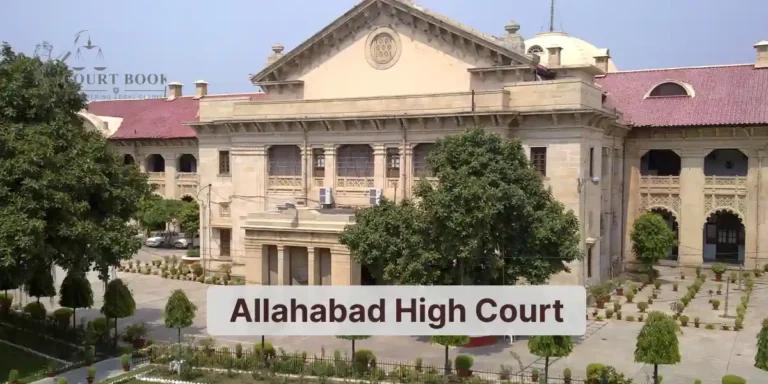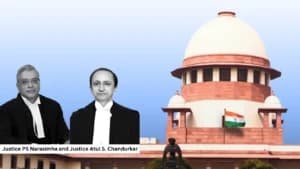The Allahabad High Court has set aside the Food Corporation of India’s (FCI) orders demanding the recovery of alleged excess payments made to an empanelled advocate. The Court ruled that the orders violated the principles of natural justice, as the advocate was neither provided a copy of the inquiry report nor given an opportunity to respond before the demand notices were issued.
A division bench comprising Justice Shekhar B. Saraf and Justice Kshitij Shailendra observed that the authorities had overstepped their jurisdiction by passing a stigmatic order that deprived the petitioner of compensation for services rendered.
Violation of Natural Justice
The Court noted that the FCI had constituted a committee to conduct an inquiry, based on which multiple recovery orders amounting to Rs. 17,16,767 were issued against the advocate for payments allegedly made in excess for services rendered between 2017 and 2020.
“The record clearly shows that the inquiry report of the Committee was never provided to the petitioner, as also stated by the petitioner in response to the notice issued to him subsequent to the inquiry. Furthermore, the petitioner was never put to show cause regarding any of the excess payments of professional fees made to him prior to the issuance of the demand notice.”
The Court emphasized that the demand notices were not mere requests but directives requiring the advocate to deposit the amount into FCI’s bank account. Additionally, it was undisputed that the petitioner was never part of the inquiry.
Arguments by Both Sides
The petitioner challenged the recovery orders on the grounds that he was not made aware of the inquiry report, thereby violating his right to natural justice. It was also argued that the orders carried a stigma, which could later be used to terminate his services.
On the other hand, the counsel representing FCI contended that there was no legal requirement to provide the advocate with a copy of the internal audit inquiry report. Furthermore, it was argued that a writ petition for the recovery of fees by an advocate was not maintainable.
Court’s Observations
The Court disagreed with FCI’s stance, stating that any order casting a stigma on an individual must follow due legal process. The person affected should be given a fair chance to present their case, including access to the inquiry report and an opportunity to respond.
“Upon considering the various facts and circumstances of the case, we are of the view that any order that is passed by an Authority that has the flavour of stigma being cast upon a person is required to be carried out in a particular manner where there is a due process of law.”
The Court cited key Supreme Court rulings, including Prithipal Singh vs. State of Punjab, State of Haryana vs. Jagdish Chander, and U.P. State Road Transport Corporation vs. Brijesh Kumar, reinforcing that the principles of natural justice must be upheld when passing stigmatic orders.
Final Verdict
The Court clarified that this was not a case where the advocate sought to recover fees but rather one where FCI attempted to reclaim alleged excess payments. Consequently, the Court quashed the recovery orders and granted FCI the liberty to initiate a fresh inquiry, provided it adhered to the principles of natural justice.
Case Title: Vijay Kumar Dixit v. Union Of India And 7 Others [WRIT - C No. - 41735 of 2024]















